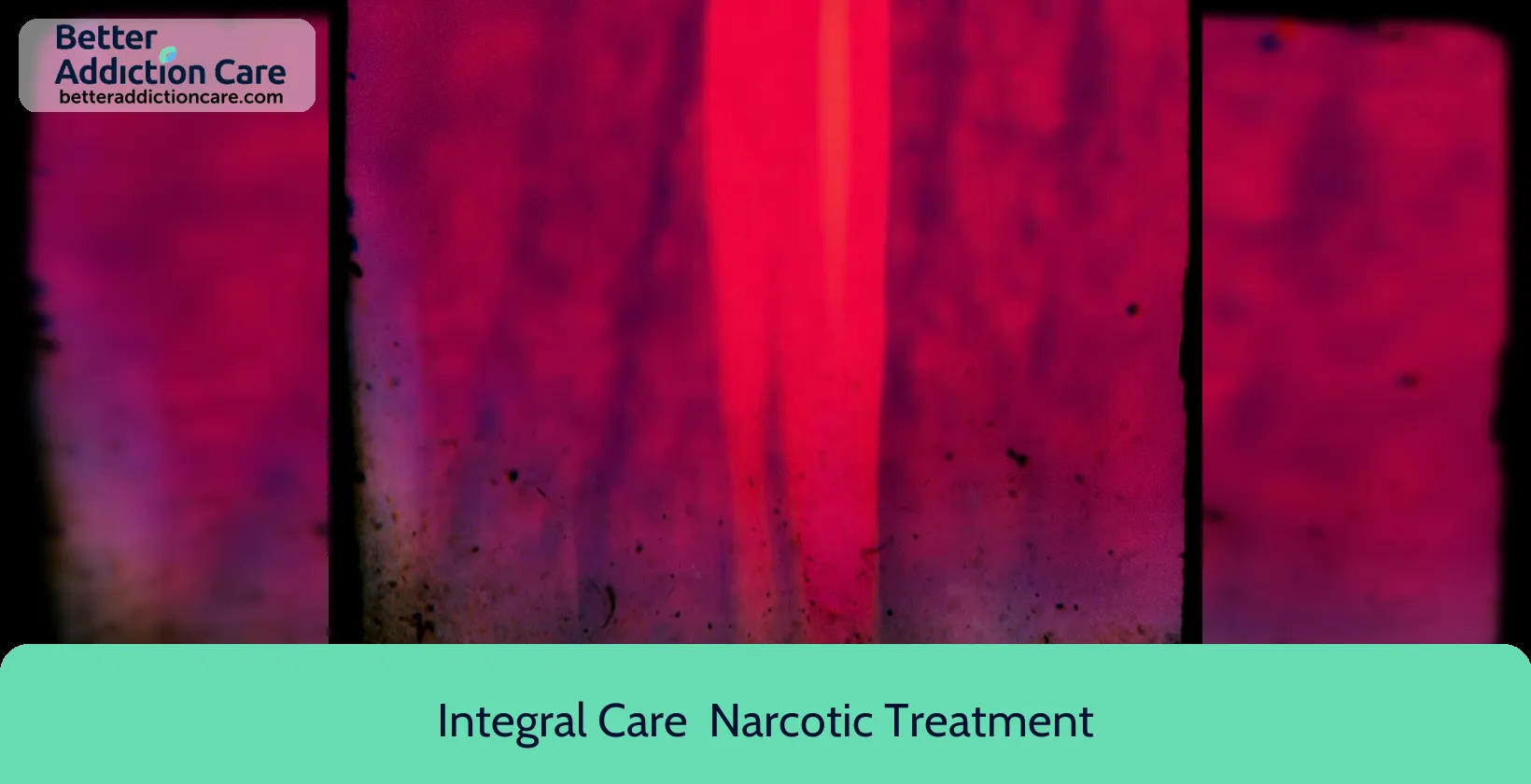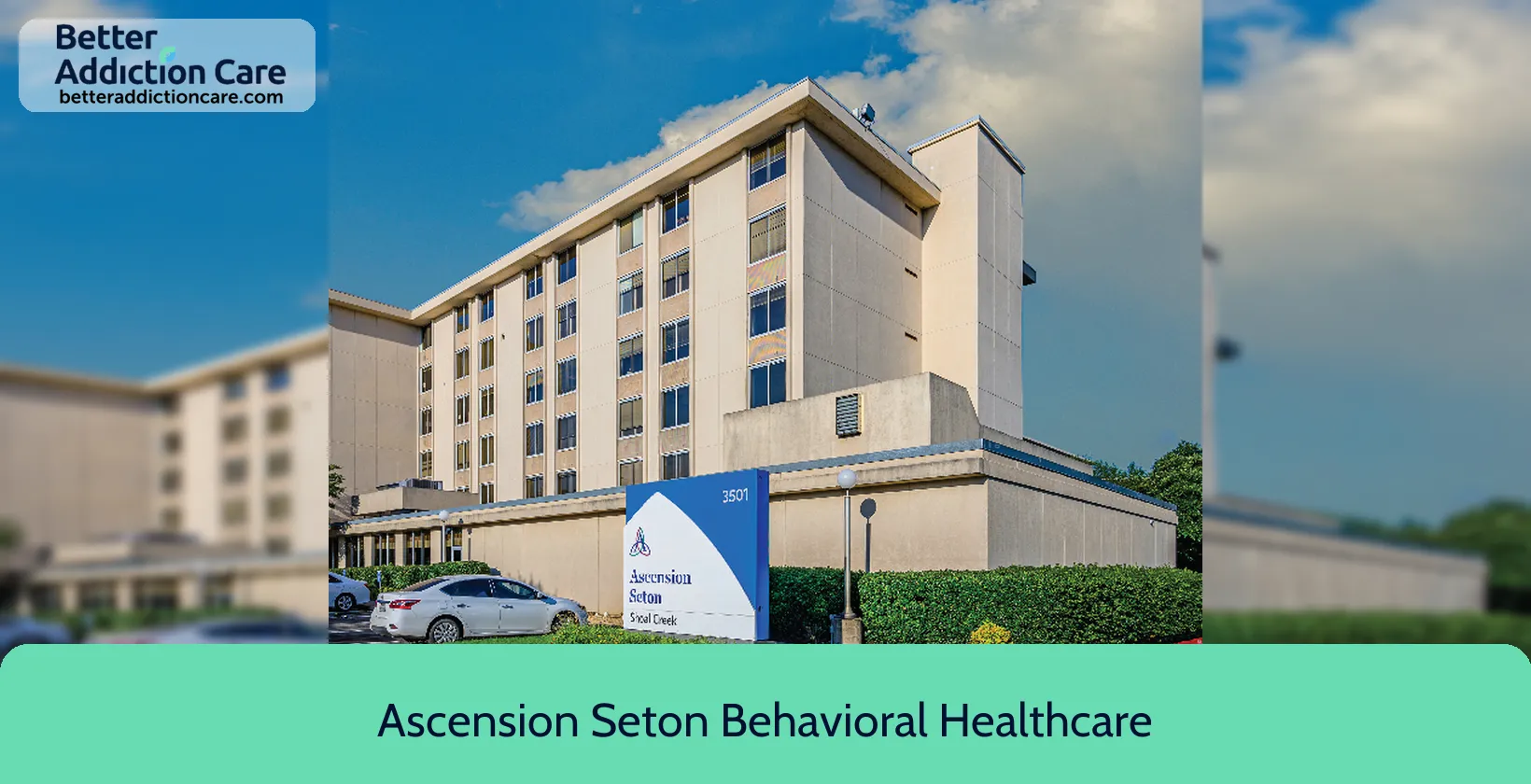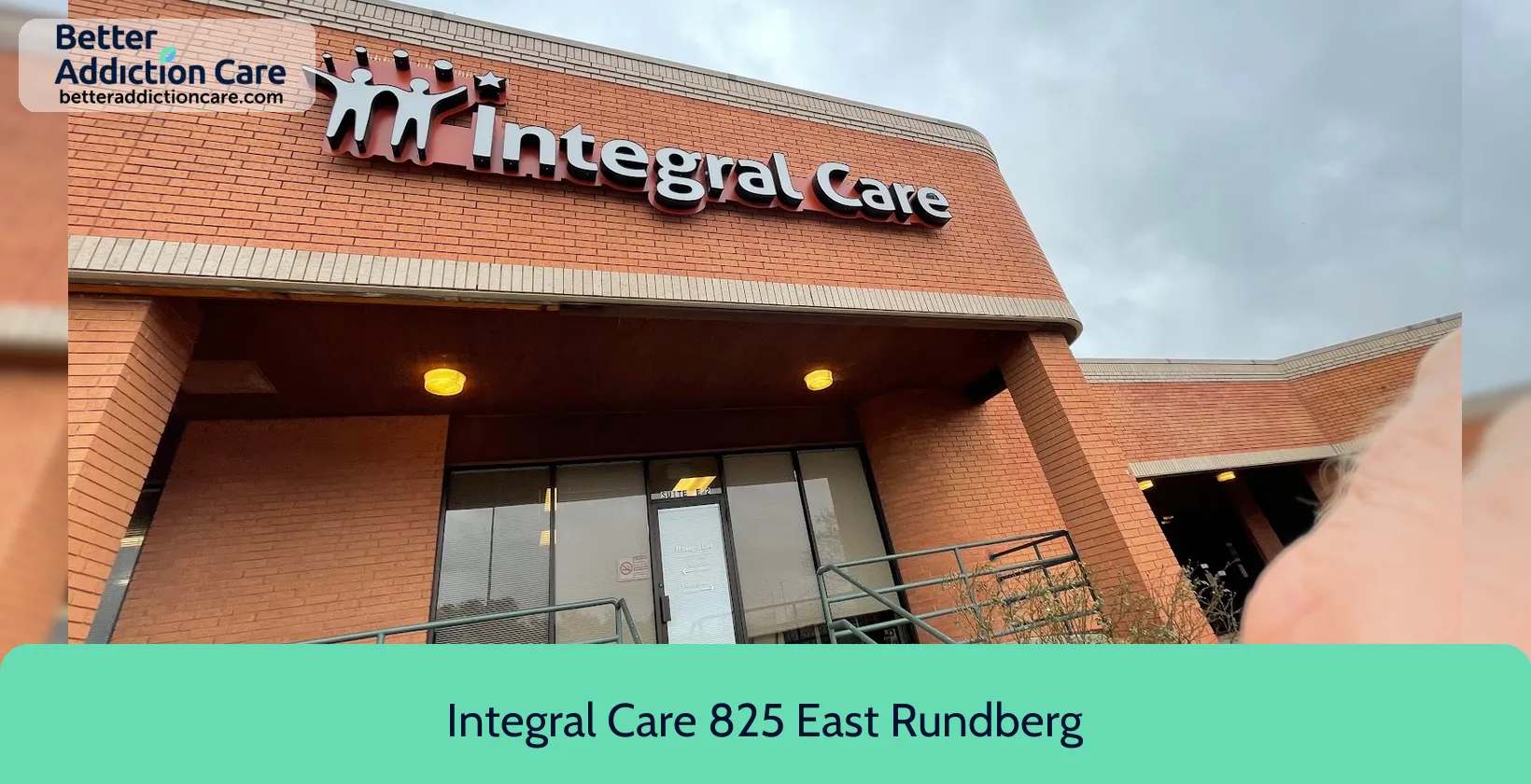Addictions and Psychotherapy Services

Overview
Addictions and Psychotherapy Services is an accredited substance abuse treatment center that provides outpatient detoxification, for men and women from 18+ years of age. As part of their special programs, Addictions and Psychotherapy Services treats clients with co-occurring mental and substance use disorders, pregnant/postpartum women, and clients who have experienced trauma. To help patients achieve sobriety, Addictions and Psychotherapy Services provides treats alcohol detoxification, benzodiazepines detoxification, and opioids detoxification.. Afterward, patients receive cognitive behavioral therapy, telemedicine/telehealth therapy, and substance use disorder counseling during treatment. Addictions and Psychotherapy Services is located in Austin, Texas, providing treatment for people in Travis County, accepting cash or self-payment, medicare, and federal, or any government funding for substance use treatment programs.
Addictions and Psychotherapy Services at a Glance
Payment Options
- Cash or self-payment
- Medicare
- Federal, or any government funding for substance use treatment programs
- Per session
Assessments
- Screening for tobacco use
- Comprehensive mental health assessment
- Comprehensive substance use assessment
- Screening for mental disorders
- Screening for substance use
Age Groups
- Seniors or older adults
- Children/adolescents
- Seniors
Ancillary Services
- Case management service
- Suicide prevention services
- Acupuncture
- Domestic violence services, including family or partner
- Mental health services
Highlights About Addictions and Psychotherapy Services
7.75/10
With an overall rating of 7.75/10, this facility has following balanced range of services. Alcohol Rehabilitation: 8.00/10, Drug Rehab and Detox: 9.08/10, Insurance and Payments: 6.00/10, Treatment Options: 7.94/10.-
Drug Rehab and Detox 9.08
-
Alcohol Rehabilitation 8.00
-
Treatment Options 7.94
-
Insurance and Payments 6.00
Accreditations
Drug Enforcement Agency (DEA):
DEA accreditation refers to the process by which a law enforcement agency is recognized by the Drug Enforcement Agency (DEA) as having met specific training, operational, and resource requirements necessary to participate in DEA-led drug enforcement efforts. This accreditation allows the agency to perform DEA-related tasks such as conducting investigations, executing federal search warrants, and participating in joint task forces.
SAMHSA certification for opioid treatment program (OTP):
SAMHSA's Opioid Treatment Programs (OTPs) accreditation is a rigorous recognition process that signifies an OTP's commitment to providing high-quality care for individuals dealing with opioid use disorders. It assures patients, families, and the community that the program adheres to evidence-based practices, employs qualified staff, and maintains a safe treatment environment. This accreditation is a symbol of quality and accountability, offering confidence in the program's ability to support individuals on their path to recovery from opioid addiction.
The Joint Commission:

The Joint Commission accreditation for addiction and behavioral health signifies that a facility has met rigorous standards in patient care, treatment, and safety. This recognition assures patients and professionals of the facility's commitment to providing high-quality, evidence-based care in the fields of addiction and behavioral health, fostering trust and confidence in their services.
Effective date: 07/21/2018
Registration: 292616
State department of health:

Government agencies issue State Licenses, granting rehabilitation organizations permission to operate their businesses lawfully within specific geographic regions. The specific licenses needed for legal operation are typically determined by the type of rehabilitation program offered by the facility and its physical location.
Registration: 0000001
Treatment At Addictions and Psychotherapy Services
Treatment Conditions
- Alcoholism
- Mental health treatment
- Substance use treatment
- Co-occurring Disorders
Care Levels
- Outpatient
- Outpatient detoxification
- Outpatient methadone/buprenorphine or naltrexone treatment
- Regular outpatient treatment
- Aftercare
Treatment Modalities
- Cognitive behavioral therapy
- Telemedicine/telehealth therapy
- Substance use disorder counseling
- Trauma-related counseling
- Smoking/vaping/tobacco cessation counseling
Ancillary Services
Languages
- Other languages (excluding Spanish)
- German
Additional Services
- Pharmacotherapies administered during treatment
- Discharge Planning
- Drug or alcohol urine screening
Special Programs
- Clients with co-occurring mental and substance use disorders
- Pregnant/postpartum women
- Clients who have experienced trauma
- Clients who have experienced sexual abuse
- Clients who have experienced intimate partner violence, domestic violence
Get Help Now
Common Questions About Addictions and Psychotherapy Services
Contact Information
Other Facilities in Austin

6.83

6.99

7.24

7.71

7.17

6.65
_8229_Shoal_Creek_1.webp)
7.36

6.62
DISCLAIMER: The facility name, logo and brand are the property and registered trademarks of Integral Care 825 East Rundberg Lane, and are being used for identification and informational purposes only. Use of these names, logos and brands shall not imply endorsement. BetterAddictionCare.com is not affiliated with or sponsored by Integral Care 825 East Rundberg Lane.
